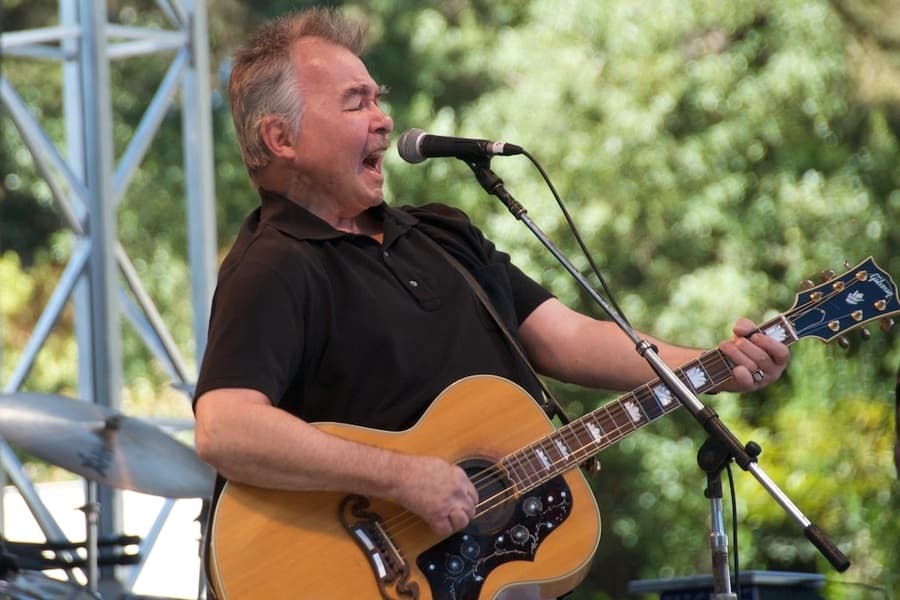
Paradise: A haunting elegy to a lost home, a lament for the devastation of progress.
In the vast and dusty tapestry of American folk music, few threads are as poignant or as deeply woven into the national consciousness as John Prine‘s “Paradise.” Released in 1971 on his self-titled debut album, this song isn’t just a tune; it’s a eulogy. It’s the mournful cry of a man watching his childhood home — a veritable paradise — get swallowed whole by the insatiable maw of industrial expansion. For many, especially those of a certain age who remember a simpler, greener America, the song evokes a powerful, almost visceral nostalgia.
When “John Prine” hit the scene, it was a revelation. It was a time when folk music was grappling with its identity, moving from the earnest protest songs of the ’60s toward a more introspective, personal form of storytelling. Prine, with his gravelly voice and knack for turning the mundane into the profound, arrived at the perfect moment. “Paradise,” in particular, resonated deeply. While it didn’t become a massive commercial hit, it garnered critical acclaim and a devoted following. The album itself, a landmark of the folk-rock movement, peaked at #154 on the Billboard 200, a modest but respectable showing for a new artist with such an unconventional sound. “Paradise” was never a pop chart contender; its power lay not in radio play, but in its ability to burrow its way into the hearts of listeners and become a staple of live performances and campfire singalongs for decades to come.
The story behind “Paradise” is a tragic one, a true tale of environmental destruction. The song is a tribute to the singer’s father, who would often talk about his childhood home in Paradise, Kentucky, a small town on the Green River. This was a place of beauty and tranquility, where life moved at the pace of the river’s current. However, in the 1960s, the Tennessee Valley Authority (TVA) built a massive coal-fired power plant in the area, and with it came the blight of progress. The town of Paradise was literally stripped away by a massive steam shovel, a “giant metal god” as Prine so eloquently put it, to fuel the nation’s growing energy demands. The verdant hills were replaced by open-pit mines, the homes of generations were bulldozed, and the river itself was polluted. Prine wrote the song as a gift to his father, a way of preserving the memory of a place that no longer existed.
The song’s meaning is twofold. On one hand, it’s a deeply personal, elegiac lament for a lost home. The lyrics paint a picture of a bygone era, of idyllic childhood memories spent on the river, of a place where “life was easy and slow.” On the other, it’s a powerful and timeless environmentalist anthem. It serves as a stark warning about the irreversible damage of unbridled industrialization. It’s a song that asks a simple but profound question: What is the true cost of progress? The mournful refrain, “And daddy won’t you take me back to Paradise,” isn’t just a plea for a trip down memory lane; it’s a cry for the impossible, a desperate wish to turn back the clock and reclaim what has been lost forever. The song’s enduring legacy is its ability to speak to a universal truth: that the things we cherish most are often the most fragile, and once they’re gone, they’re gone for good. “Paradise” isn’t just a song; it’s a feeling, a memory, and a reminder to appreciate the paradise we have before it’s too late.